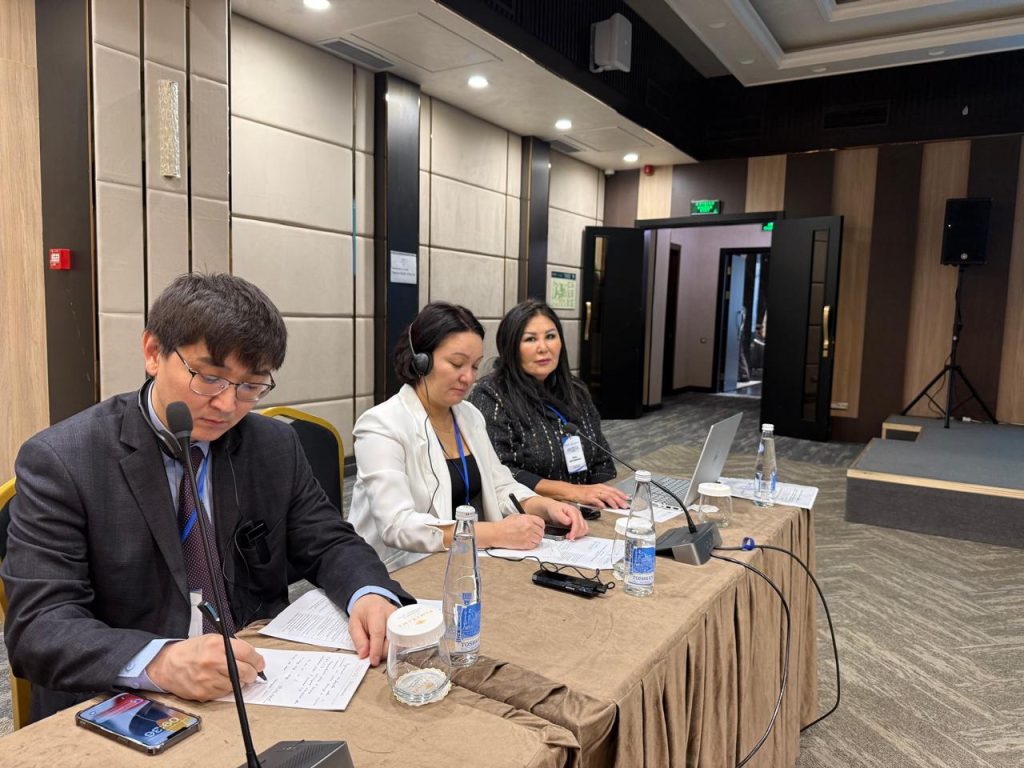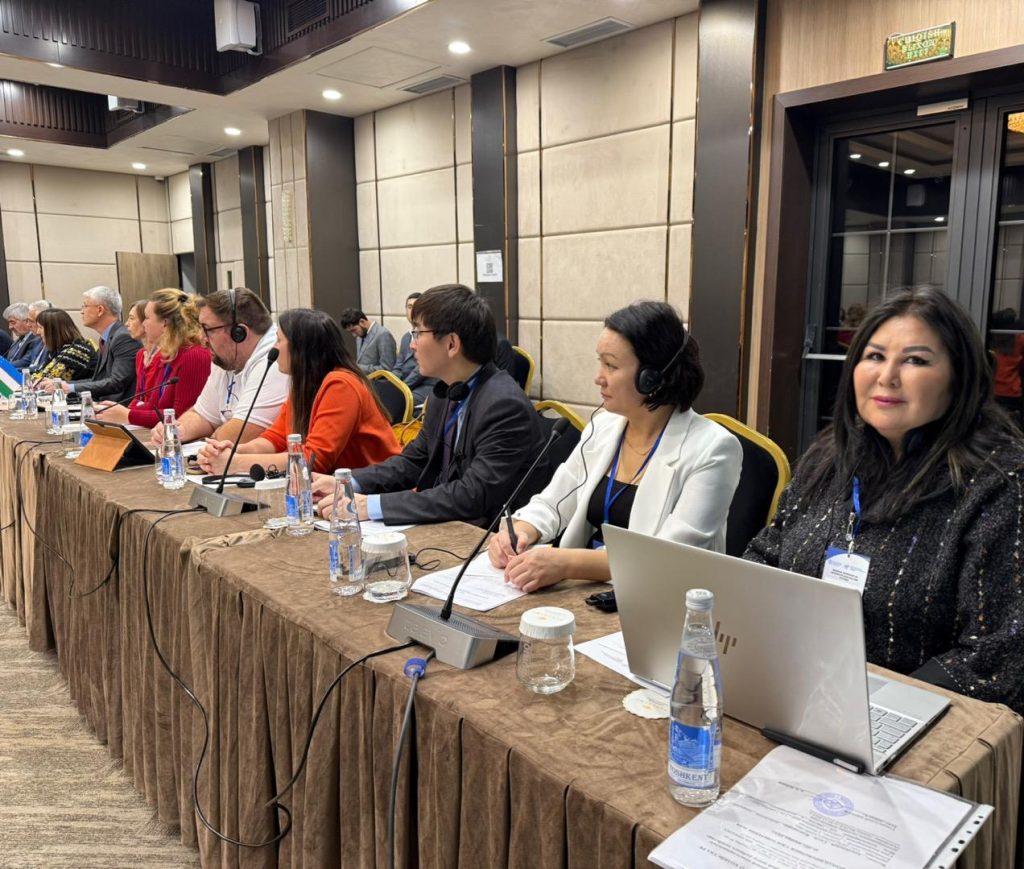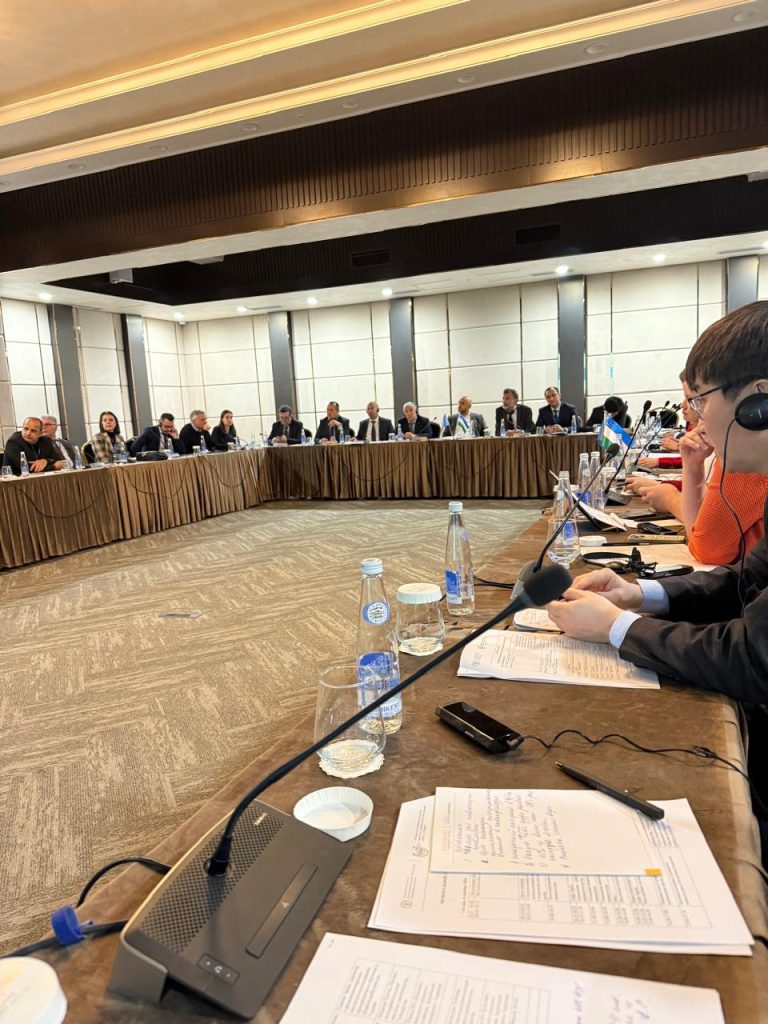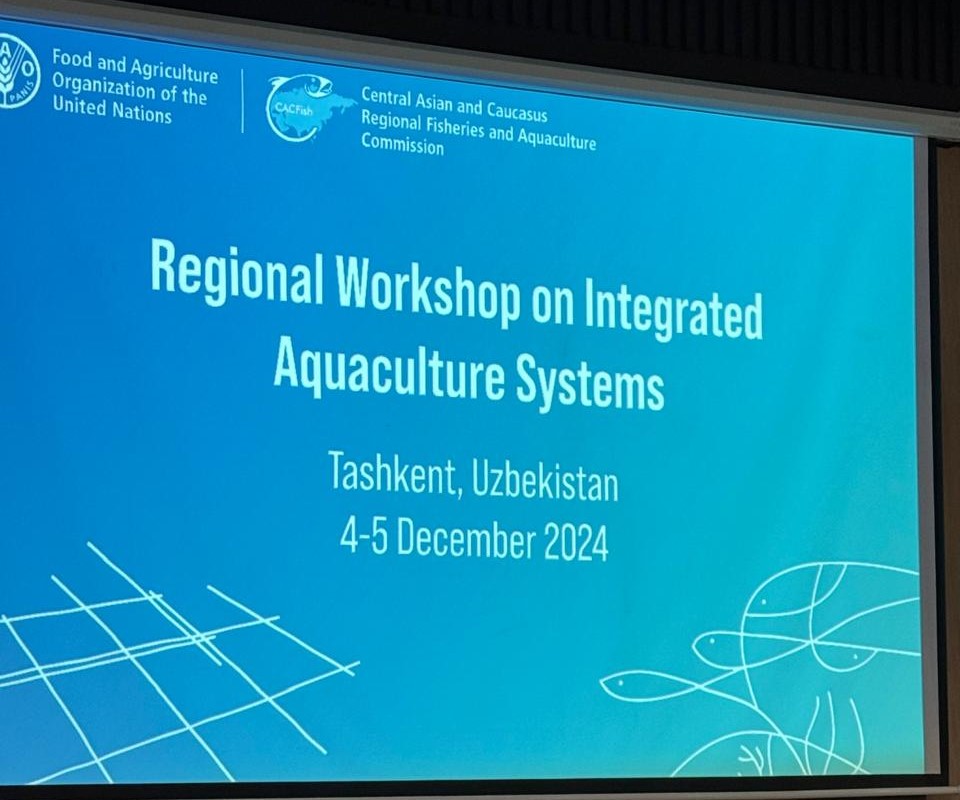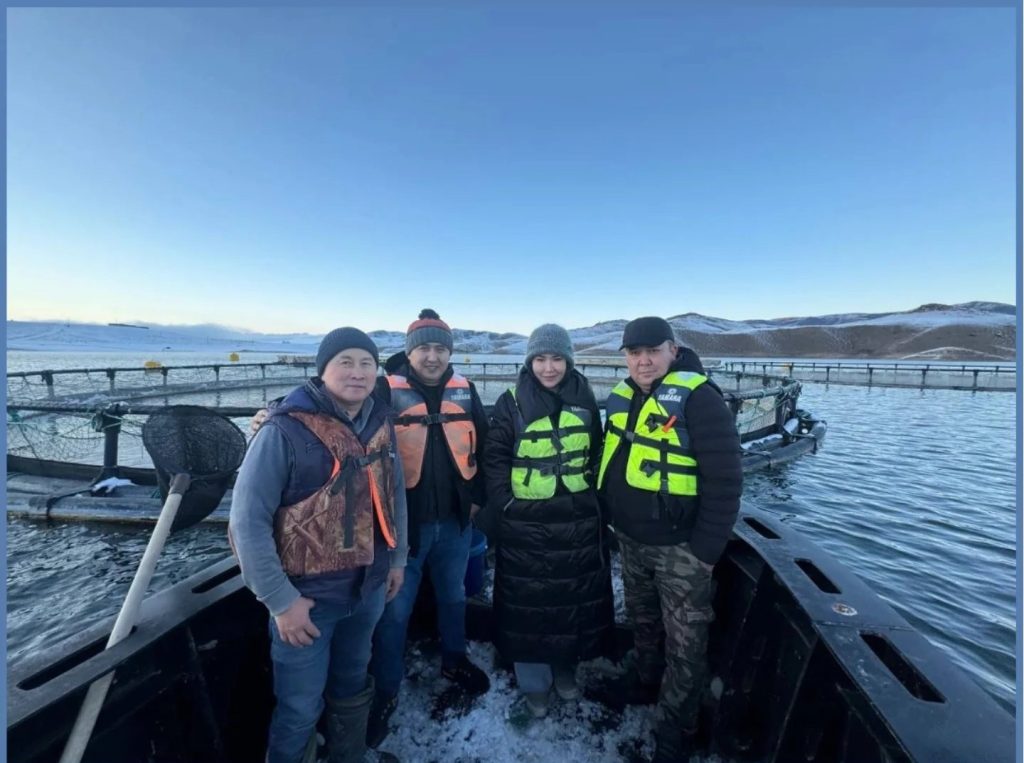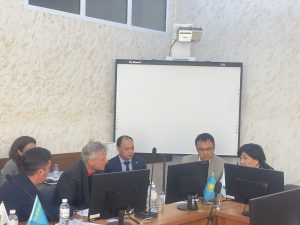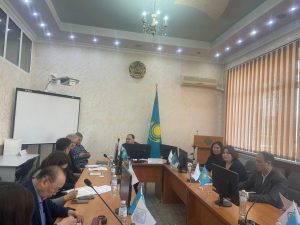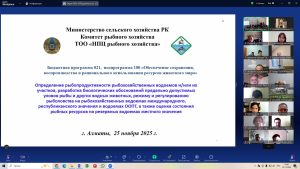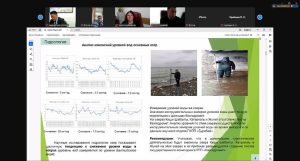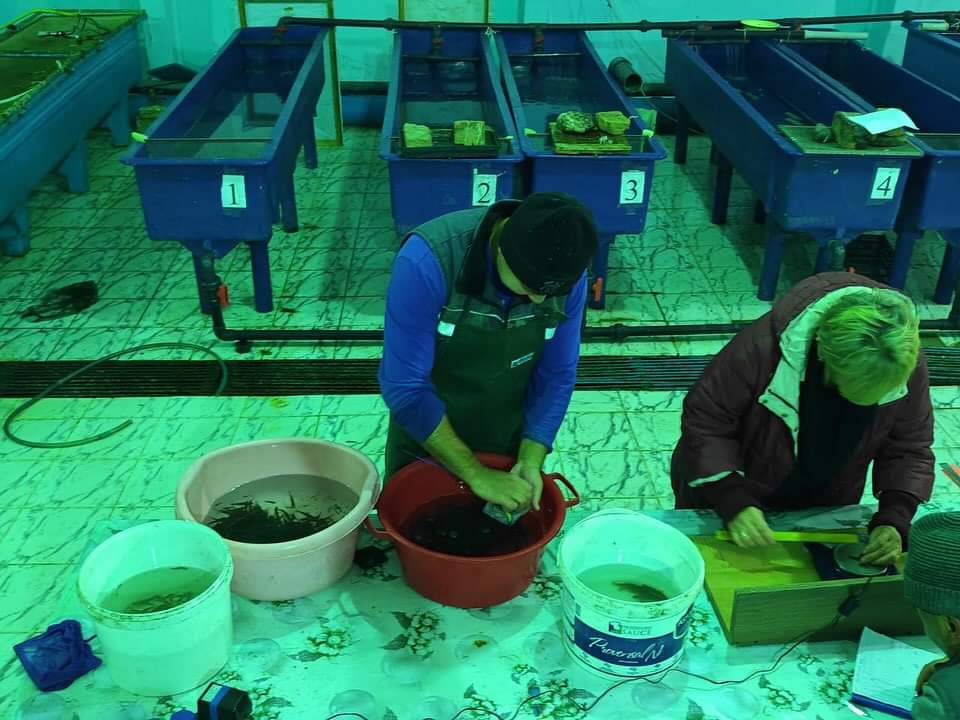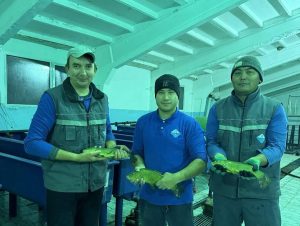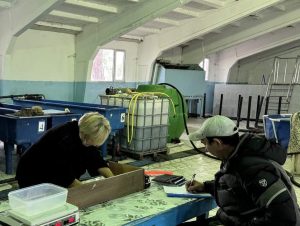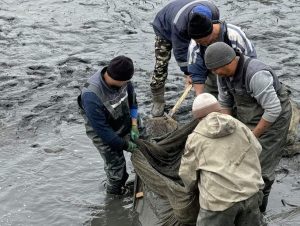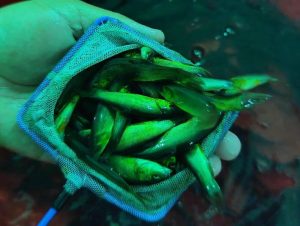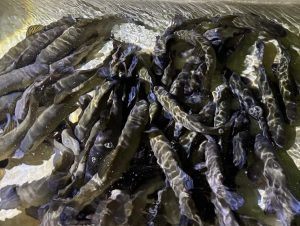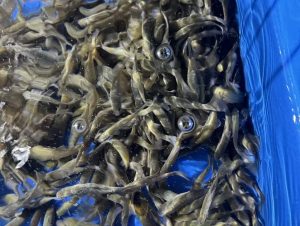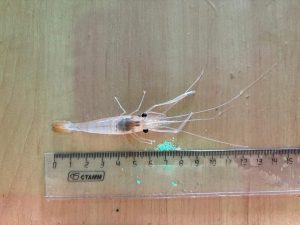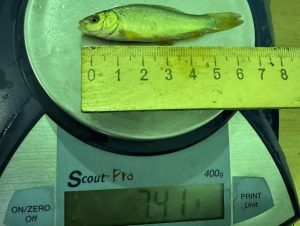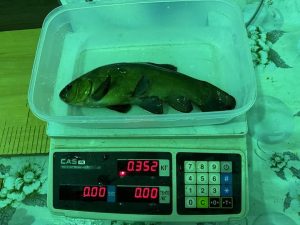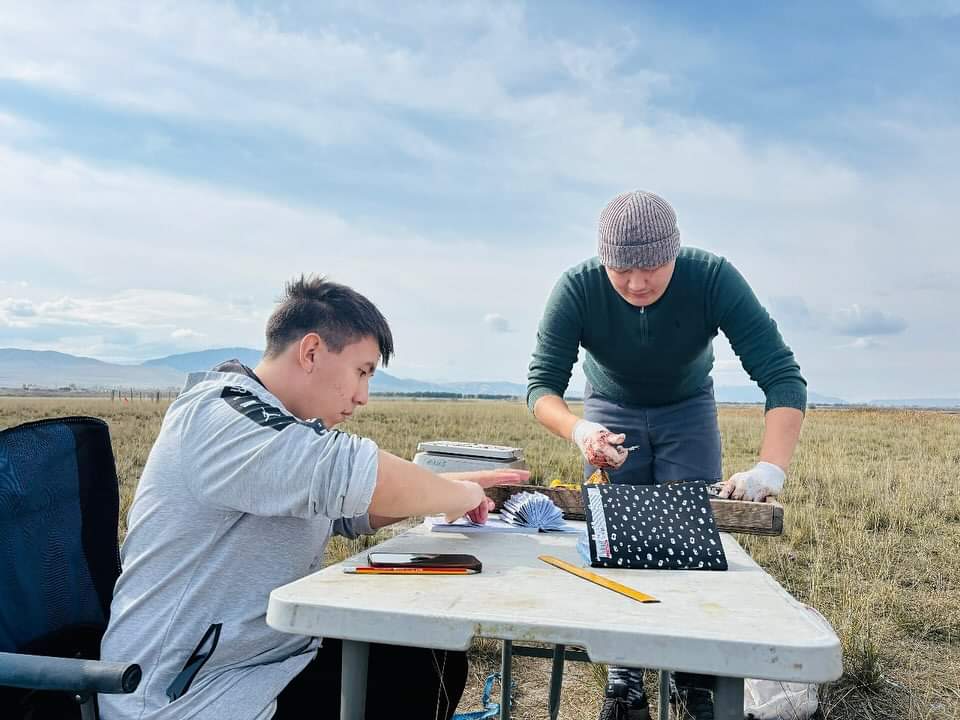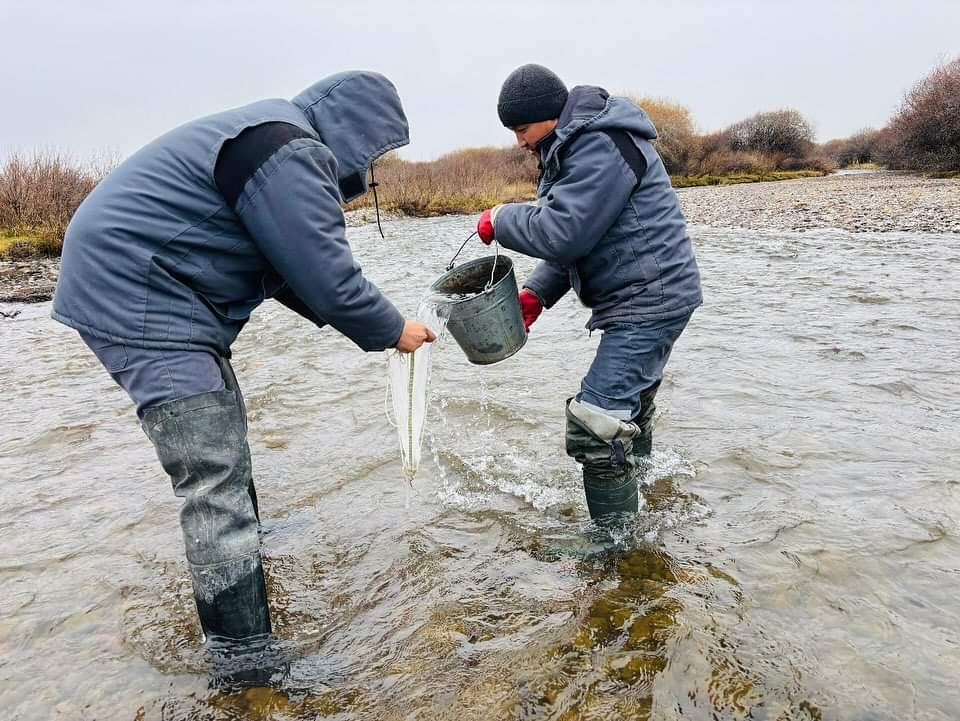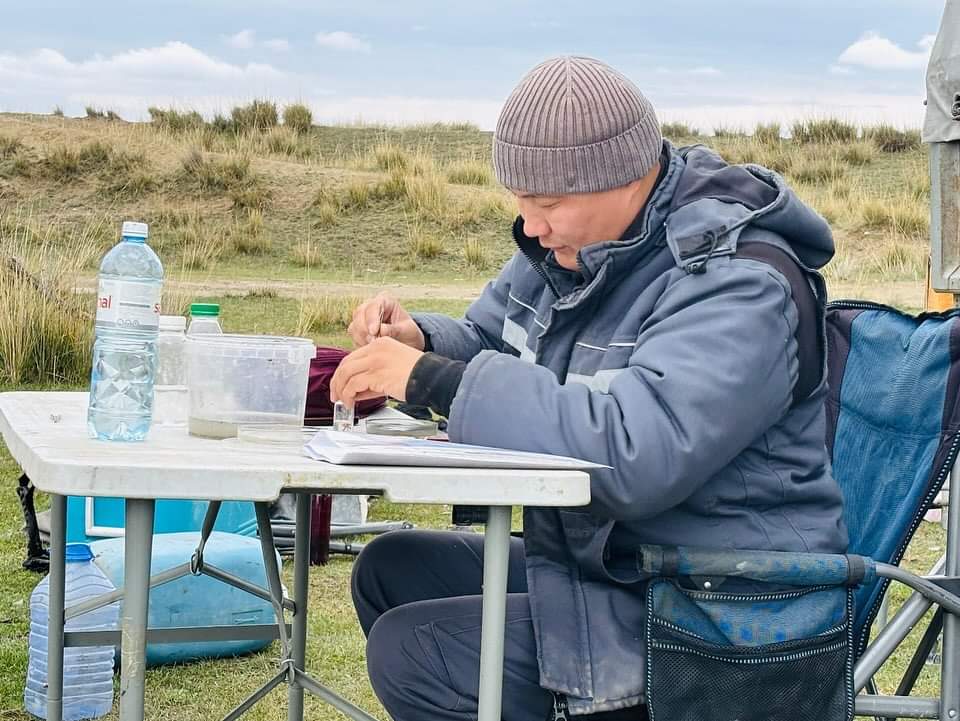From December 17 to 19, 2024, the 8th meeting of the Commission on the conservation and rational use of aquatic biological resources and management of their joint stocks is being held at the Volga-Caspian branch of the Russian State Scientific Center of Fisheries and Oceanography (Astrakhan).
The delegation from the Republic of Kazakhstan includes:
- Bakhiyanov A.K., Acting Chairman of the Fisheries Committee of the Ministry of Agriculture of the Republic of Kazakhstan;
- Isbekov K.B., General Director of FishRPC, Doctor of Biological Sciences, Professor, Academician of the National Academy of Agrarian Sciences of the Republic of Kazakhstan;
- Kadimov E.L., Director of the Atyrau branch of FishRPC;
- Klimov F.V., Executive Director of KAPE LLP, PhD in Biology.
On the agenda
- Discussion of the implementation of the points of the Protocol of the 7th meeting of the Commission;
- Reports of the Parties for 2023 on the use of catch quotas, on the reproduction and protection of fish resources and a discussion of the state of aquatic biological resources based on marine research;
- Discussion of the minutes of the meeting of the Working Group on Research and Aquaculture;
- Consideration of the issue of extending the ban on commercial fishing of sturgeon fish species in the Caspian Sea;
- Approval of quotas (volumes) for the catch of joint aquatic biological resources for 2025;
- Discussion of the issue of joint research work in the Caspian Sea;
- Discussion of the issue of joint releases of sturgeon fish fry from artificial reproduction;
- Discussion of the issue of the possibility of amending the Agreement on the conservation and rational use of aquatic biological resources of the Caspian Sea.
At the end of the meeting, the Commission’s Protocol will be drawn up and signed.










